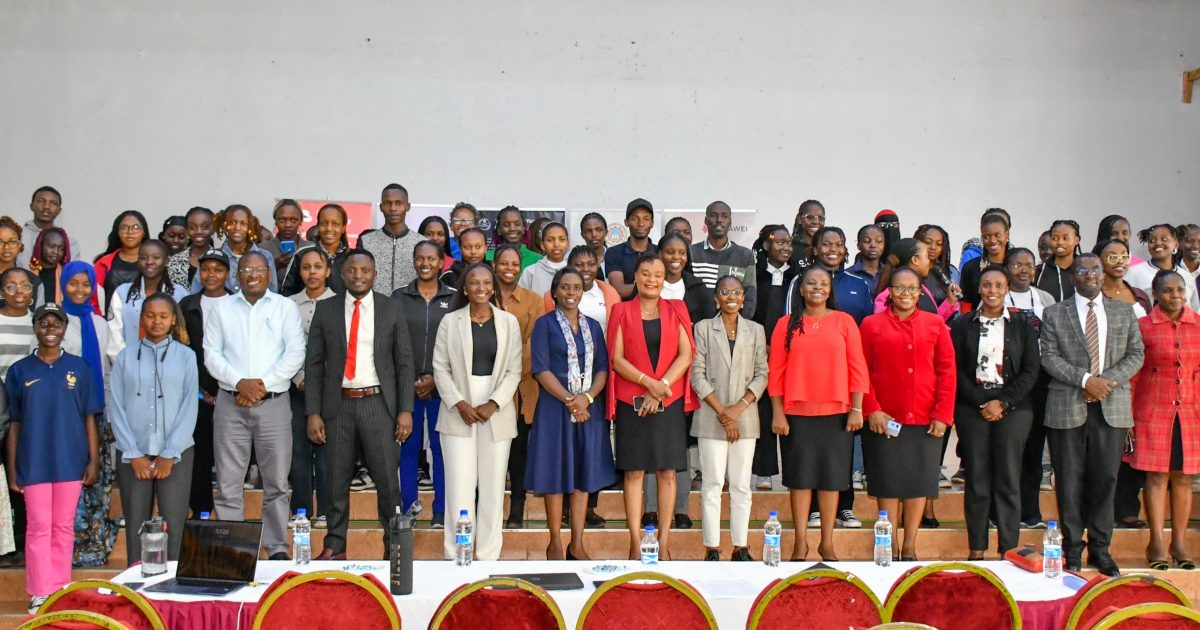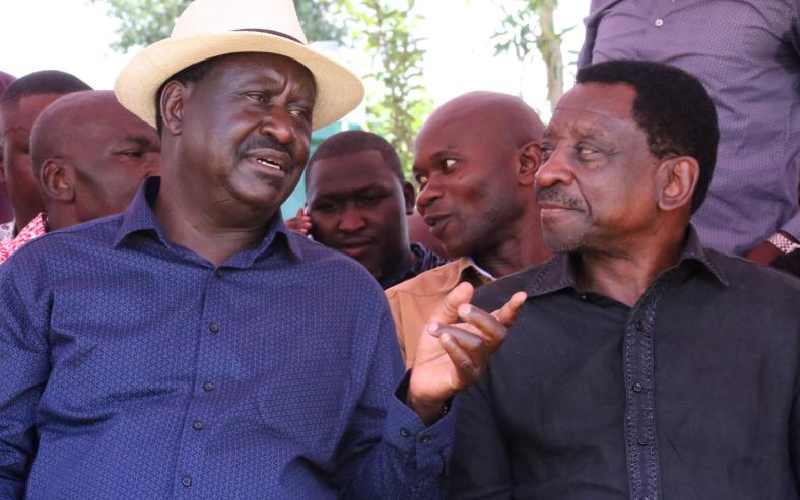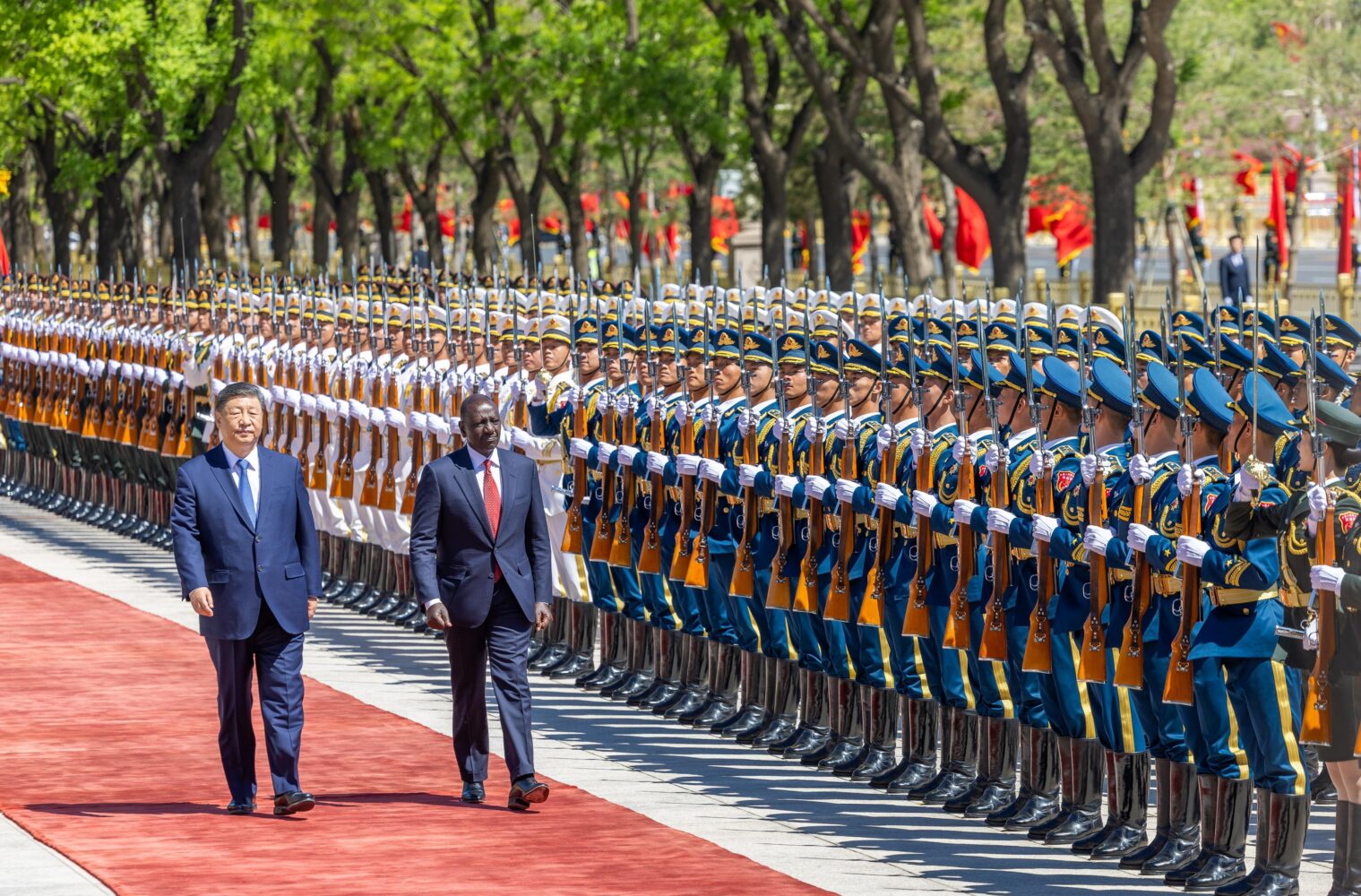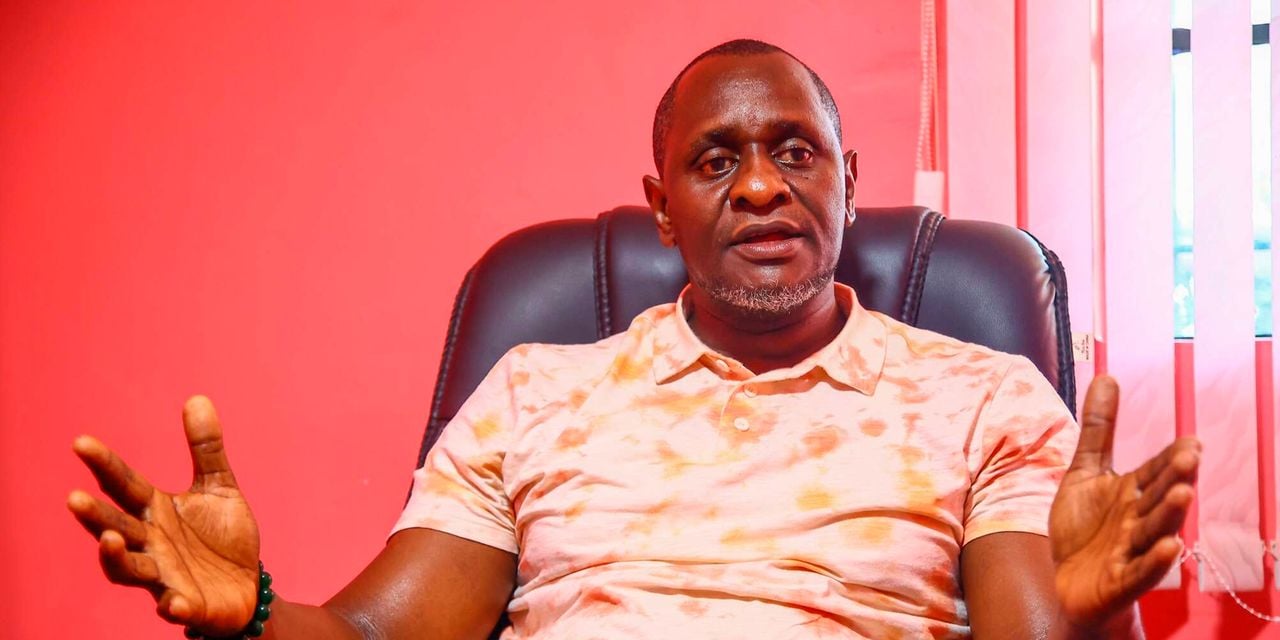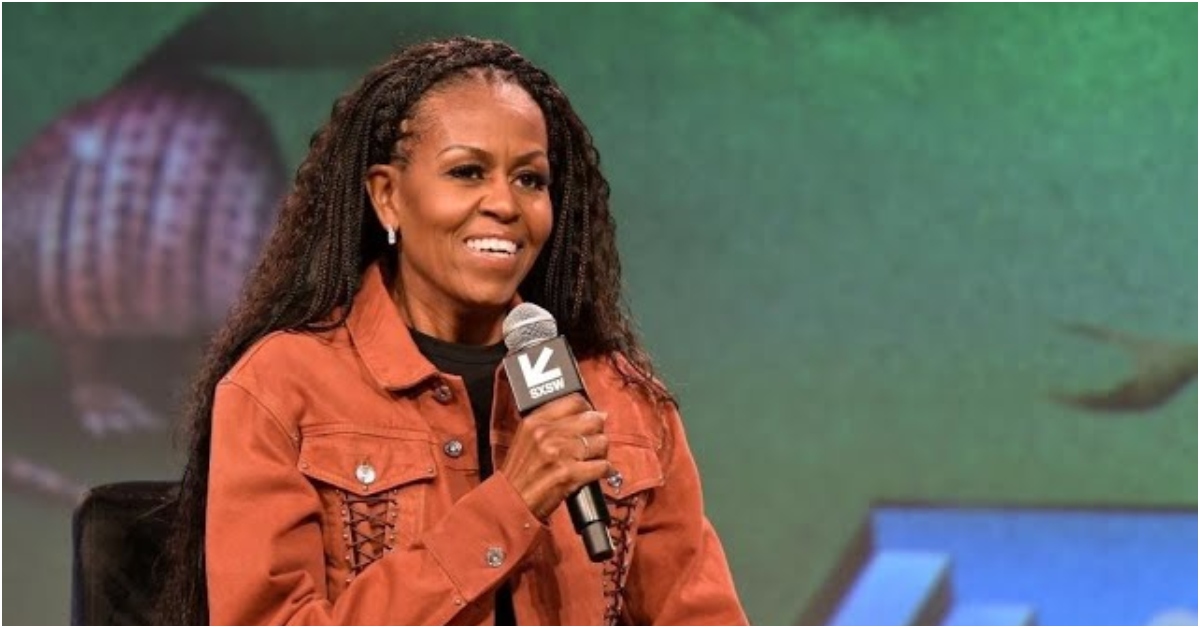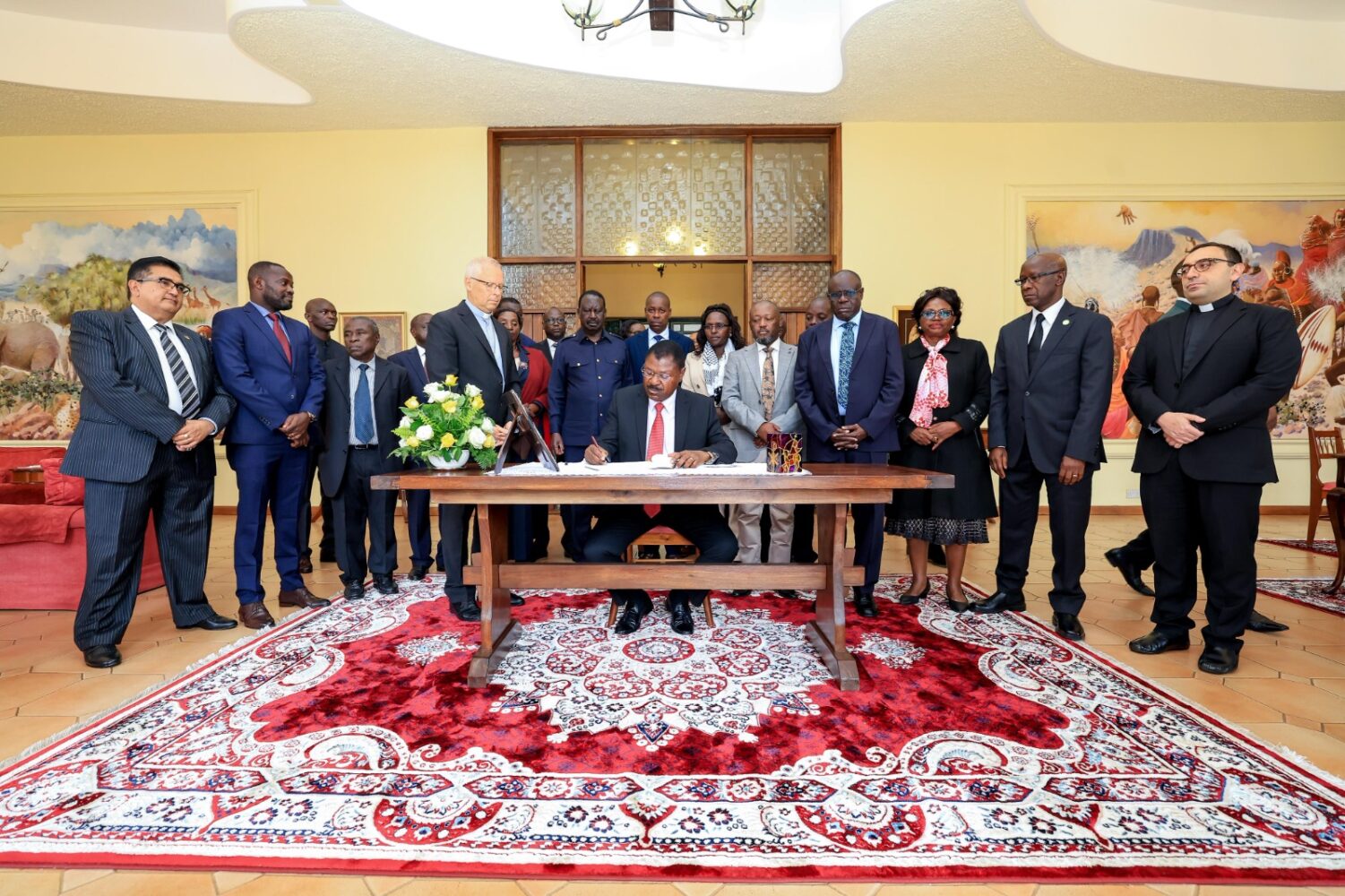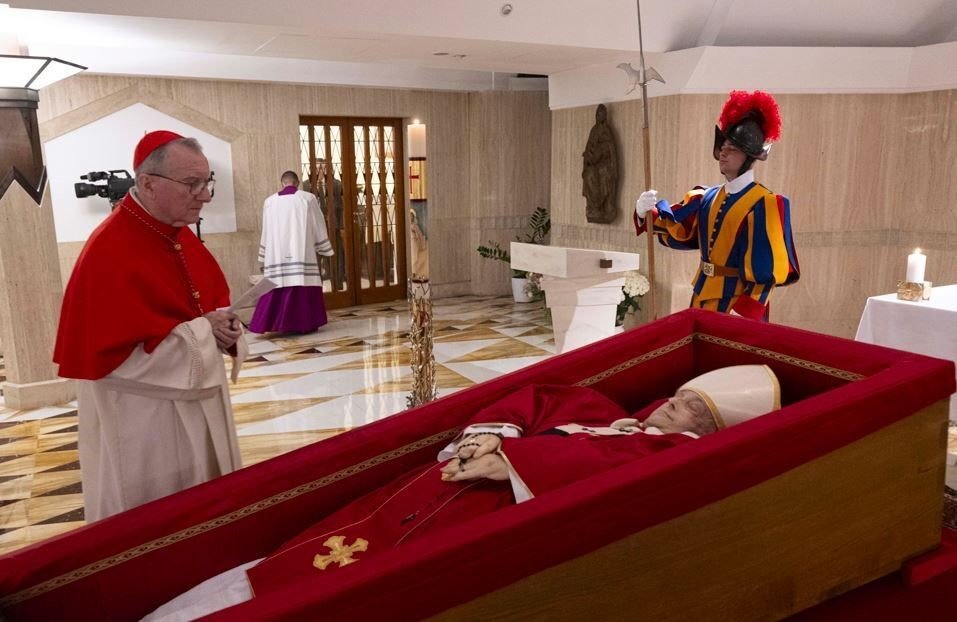The recent pronouncements by Siaya Governor James Orengo and Kisumu Governor Anyang’ Nyong’o regarding a “broad-based government” have ignited a political firestorm, with ODM leader Raila Odinga stepping into the fray to defend his allies. 1 This debate, seemingly about semantics, cuts to the heart of Kenya’s political landscape and raises crucial questions about inclusivity, power-sharing, and the nature of opposition in a fledgling democracy.
Orengo and Nyong’o’s suggestions, while vague, hinted at a potential realignment of political forces, perhaps even a form of cooperation with the ruling administration. This immediately triggered alarm bells among President Ruto’s allies, who saw it as a challenge to their hard-won victory and a potential erosion of the opposition’s role.
Odinga’s intervention, defending his governors, adds a layer of complexity to the situation. While he sought to clarify their remarks, suggesting they were merely advocating for national unity and inclusivity, the underlying message remains ambiguous. Is it a genuine call for cooperation, or a strategic maneuver to keep political options open?
The concept of a “broad-based government” is not new to Kenyan politics. It often emerges in times of political tension or national crisis, as a means of fostering unity and stability. However, it also carries the risk of diluting the opposition’s role and blurring the lines of accountability.
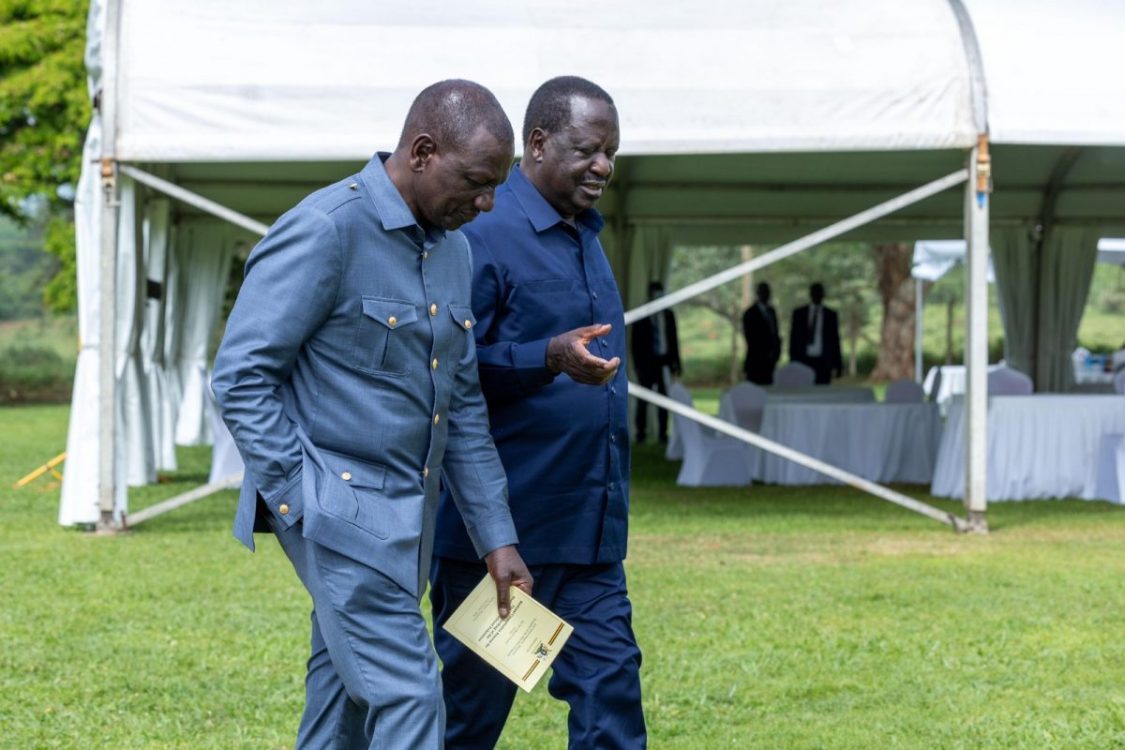
For Ruto’s allies, the immediate and sharp criticism is understandable. They perceive this as an attempt to undermine their mandate and create a backdoor entry for the opposition. The fear is that such a move would compromise the principle of a robust opposition, essential for checks and balances in a democratic system.
However, the debate also raises valid questions about the nature of opposition in a country grappling with deep-seated divisions. Is it merely about opposing for the sake of opposition, or can it involve constructive engagement on issues of national importance? Can there be a space for cooperation without compromising core principles?
Odinga’s defense, while seemingly conciliatory, also serves to keep the political pot simmering. By not entirely dismissing the idea of a broader government, he maintains a degree of ambiguity, leaving room for future negotiations and alliances. This strategic ambiguity is a hallmark of Kenyan politics, where alliances are fluid and shifting.
Ultimately, the debate over a broad-based government highlights the delicate balance between political competition and national unity. Kenya’s political landscape is often characterized by winner-take-all dynamics, which can exacerbate divisions and impede progress.
Whether Orengo and Nyong’o’s remarks were a genuine call for inclusivity or a strategic political gambit remains to be seen. However, the debate they have sparked underscores the need for a nuanced discussion about the role of opposition, the importance of inclusivity, and the delicate art of navigating political alliances in a complex and evolving democracy. Kenya watches on, as the political chess game unfolds.


